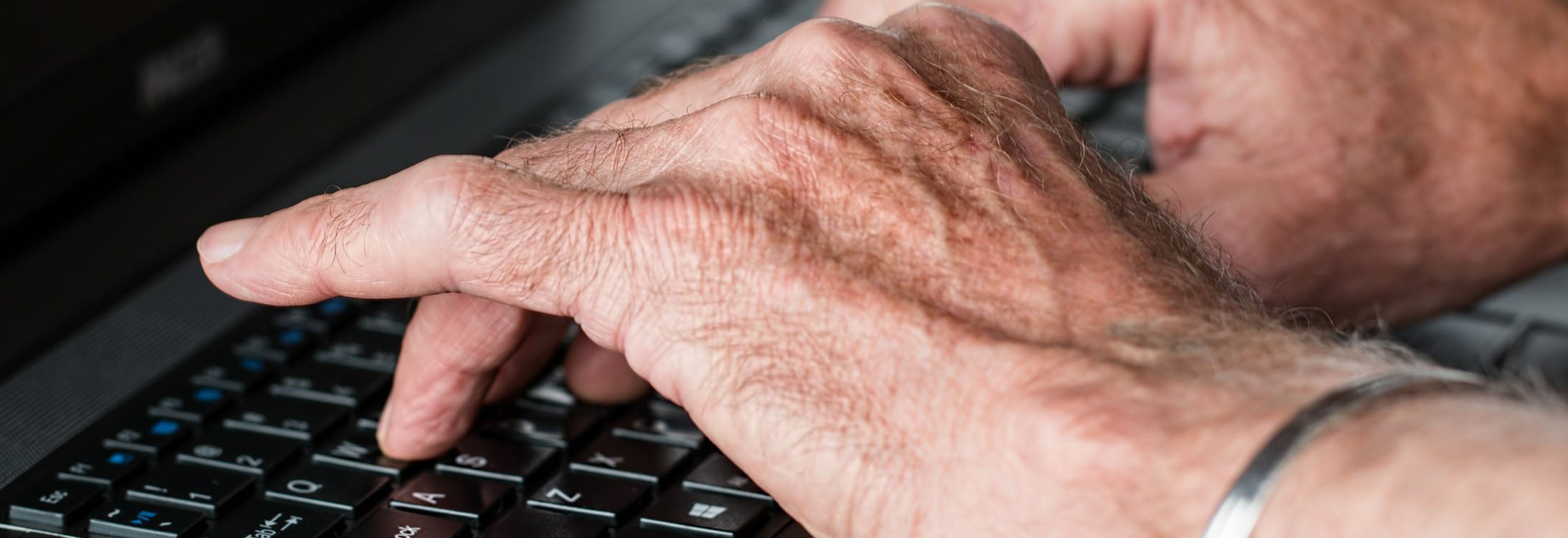Student Profile: Claire Fabian-Bayola

Undergraduate researcher Claire Fabian-Bayola is examining the mechanisms behind a common enzyme to develop new therapies for inflammatory diseases.
Majors: Biochemistry and Chemistry
Mentors: Dr. Adam Offenbacher
Department: Chemistry
Project Title: “Identifying key residues in 15-LOX-2 enzyme for interactions with allosteric effectors”
Lipoxygenase, a common enzyme in mammals and plants, is responsible for pro and anti-inflammatory responses in asthma, cancer, arthritis, and other ailments. With quantitative UV/Vis kinetics and isothermal calorimetry, I am searching for a selective effector that can help control the pro and anti-inflammatory effects of human lipoxygenase which could lead to drug therapies for inflammatory conditions.
How did you get involved in undergraduate research?
Ever since freshman year, I’s searched for a research lab to join. During my sophomore year, I was taking General Chemistry II with Dr. Adam Offenbacher and he was looking for undergraduate students to join his lab. We hit it off right away and he put me on a project that catered to my medicinal interests.
Why did you choose your research topic?
In preparation for applying to medical school and becoming a forensic pathologist, I chose my research topic to better understand the connections between biology and chemistry and to gain confidence in public speaking and research presentations.
What’s been your favorite part of conducting undergraduate research?
My favorite part of research is expanding my knowledge in the interconnections between biology and chemistry. Learning how everything works together and how there is still so much more to learn about the world around us.
What challenges have you faced while conducting undergraduate research?
One of the challenges I have faced while conducting research is the same as most: experiments going wrong or giving wonky data that doesn’t match precedent or the similar literature. Another challenge is a lot of the research I am conducting is uncharted territory, with no safety nets when it comes to data collection and analysis.
Why is your research important for the average, everyday person?
The ultimate goal is to help advance drug therapies towards allosteric regulation to help combat anti- and pro-inflammatory response and learn more about the elusive lipoxygenase.
How do you feel that participating in undergraduate research has helped prepare you for life after college?
It has helped me become more confident in myself and others around me. Everyone works together and we are all working towards results, whether it proves or disproves the hypothesis. Undergraduate research has solidified my love for science and learning.
Do you have any advice for other students interested in conducting undergraduate research?
Undergraduate research is a once in a lifetime experience and should be enjoyed by all, even if you do not plan on conducting research at a graduate level. My advice is to first find a mentor who works in a field you are passionate about and start there.
